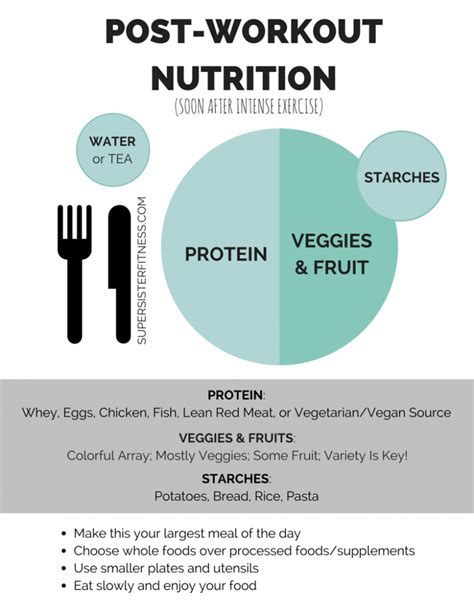Optimize recovery for men’s peak muscle and performance?

For men dedicated to pushing their physical limits, whether in the gym or on the field, the pursuit of peak muscle and athletic performance is relentless. Yet, often overlooked is the crucial role of recovery. It’s not just about what you do during your workout, but what you do afterwards that truly dictates your progress, preventing burnout, enhancing adaptation, and paving the way for consistent gains. Optimizing recovery means understanding the multi-faceted approach required to repair, rebuild, and re-energize your body for the next challenge.
The Foundation: Sleep for Gains
Adequate, high-quality sleep is arguably the single most powerful recovery tool at your disposal. During sleep, your body performs essential repair processes, including muscle tissue regeneration, hormone regulation (like growth hormone and testosterone), and central nervous system recovery. Aim for 7-9 hours of uninterrupted sleep per night. Establishing a consistent sleep schedule, creating a dark, cool sleep environment, and avoiding screens before bed can significantly improve sleep quality.
Insufficient sleep elevates cortisol levels, a catabolic hormone that can break down muscle tissue, and diminishes insulin sensitivity, hindering nutrient uptake into muscles. Prioritizing sleep directly translates to better strength, endurance, and mental clarity for your next training session.

Fueling Restoration: Nutrition Essentials
What you eat after a grueling workout provides the raw materials your body needs to repair and grow. A well-timed and balanced nutritional strategy is paramount for replenishing glycogen stores, repairing muscle damage, and reducing inflammation.
Protein Power
Protein is the building block of muscle. Consuming sufficient protein (around 1.6-2.2g per kg of body weight daily, spread throughout the day) is critical for muscle protein synthesis (MPS). Post-workout, a rapidly absorbed protein source like whey can kickstart the repair process, while casein offers a slower release, ideal before bed.
Carbohydrate Replenishment
Carbohydrates are your body’s primary energy source. Intense workouts deplete muscle glycogen stores, which need to be replenished to maintain performance and prevent fatigue. Focus on complex carbohydrates for sustained energy and simple carbs post-workout to quickly refill glycogen. Pairing carbs with protein in your post-workout meal enhances insulin response, driving nutrients into muscle cells.
Hydration is Key
Dehydration can severely impair performance and recovery. Water plays a vital role in nutrient transport, temperature regulation, and joint lubrication. Ensure you are consistently hydrating throughout the day, especially before, during, and after workouts. Electrolytes, lost through sweat, may also need to be replenished, particularly after prolonged or intense exercise.

Beyond Rest: Active Recovery and Mobility
While rest days are essential, complete inactivity isn’t always the best approach. Active recovery involves low-intensity activities that promote blood flow, aiding in nutrient delivery to muscles and clearing metabolic byproducts, without adding significant stress.
Light cardio (walking, cycling), stretching, foam rolling, and mobility work can enhance flexibility, reduce muscle soreness, and improve range of motion. Incorporating these practices into your routine helps prepare your body for the next strenuous session, reducing injury risk and promoting overall joint health.

The Mental Edge: Stress Management
Physical stress from training is necessary for adaptation, but chronic mental and emotional stress can be detrimental to recovery and performance. Elevated cortisol levels due to stress can hinder muscle growth and fat loss, disrupt sleep, and suppress the immune system.
Implementing stress-reducing techniques such as meditation, deep breathing exercises, spending time in nature, or engaging in hobbies can significantly improve your recovery capacity. A calm mind supports a healthier physiological state, allowing your body to allocate more resources to repair and growth.

Strategic Supplementation (Optional but Helpful)
While not a substitute for proper nutrition and sleep, certain supplements can aid recovery. Creatine monohydrate is well-researched for enhancing strength and power, supporting ATP regeneration. BCAAs (branched-chain amino acids) can help reduce muscle soreness and aid in repair. Magnesium, often deficient in athletes, plays a role in muscle function and relaxation, while Omega-3 fatty acids can help manage inflammation.
Putting It All Together: A Holistic Approach
Optimizing recovery for peak muscle and performance isn’t about one single strategy; it’s a synergistic combination of all these elements. Consistency in sleep, diligent nutrition, incorporating active recovery, and effective stress management are the pillars upon which true, sustainable progress is built. By treating recovery with the same seriousness as your workouts, you unlock your body’s full potential, ensuring you not only train hard but also recover smart, leading to superior results and longevity in your fitness journey.










